When it comes to toners, I used to be 100% dedicated to them. I would use one every day as part of my nighttime skincare routine. But in recent years, I’ve found the ones that I had been using were drying out my skin, so I switched to applying them only about two to three times a week.
To be honest, I still wasn’t quite sure exactly what toners were supposed to be doing for my skin and if I actually needed to use one. I was just going along with it because I did feel that it helped to clear up any blemishes and provided some exfoliation. Recently, I learned that some toners have added anti-aging benefits, which intrigued me even more. So I decided to ask the experts to break it down for me.

“In the past, toners were harsh astringents. Now, they are ways to cleanse the skin,” explains board-certified dermatologist Ife Rodney, MD, FAAD, of Eternal Dermatology and Aesthetics. “These are water-based formulas that contain any combination of acids, antioxidants, and other effective, natural ingredients. Toners benefit the skin as a way to deliver low concentrations of these ingredients to the skin while balancing the pH. They also help in hydrating the skin and removing dead skin cells left behind after washing and cleansing your face. Some people use a toner as part of their makeup routine, cleaning the face before any further products are applied.”
As for whether you need a toner in your skincare routine, Corey Hartman, MD, FAAD, board-certified dermatologist and founder of Skin Wellness Dermatology, says they can be beneficial for oily skin types because they help control breakouts and oil and improve discoloration and scarring. However, Rodney says they aren’t necessary to maintain healthy skin and can be an optional, additional step. “With their antioxidant and exfoliating ingredients, toners may serve as a refreshing primer to help other products go deeper into your skin. If you wear makeup all day long and have acne-prone skin, you’ll be a good candidate for the extra toner step,” she adds.
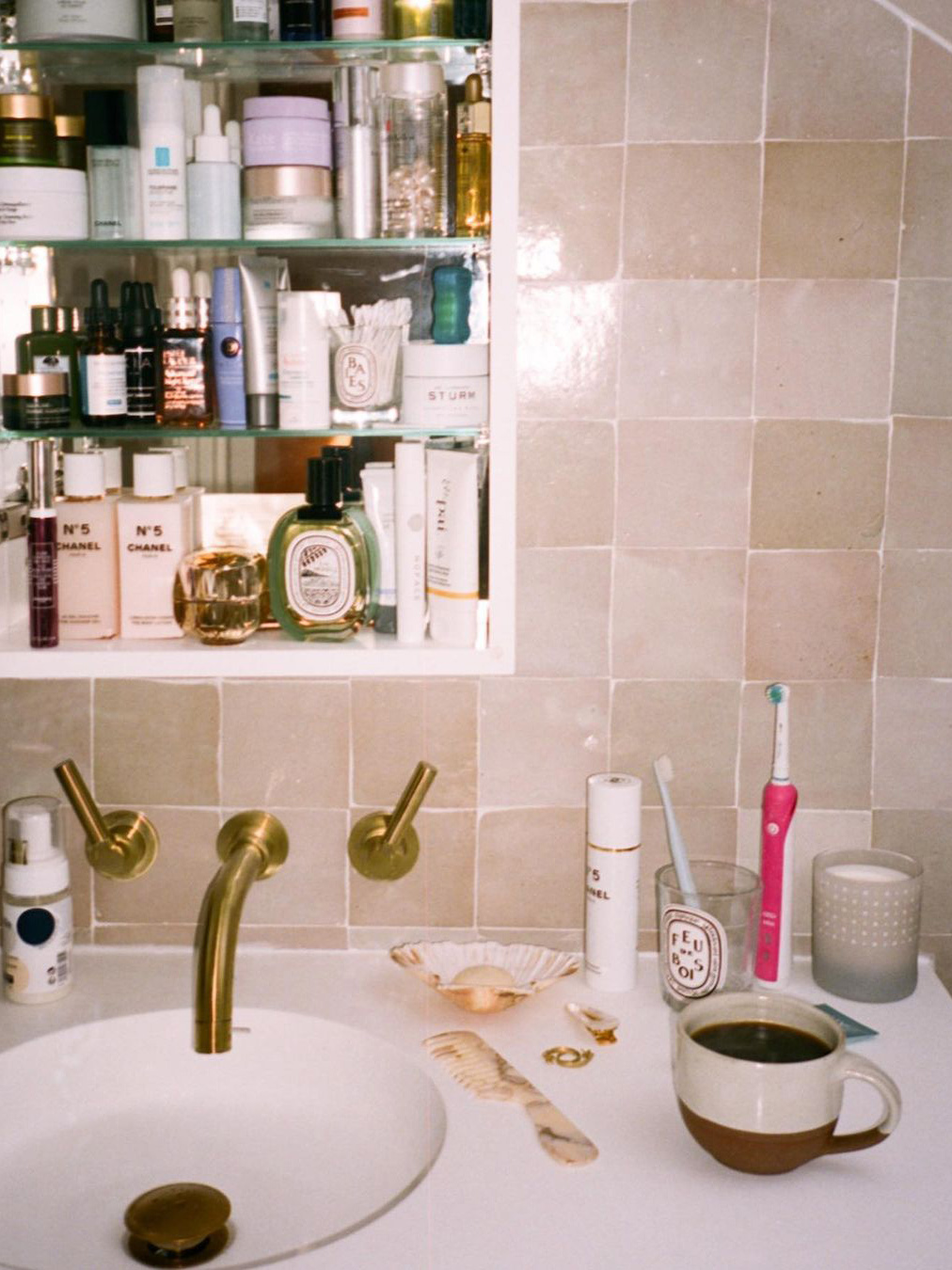
And the thing I heard about anti-aging benefits? Both Hartman and Rodney say it all depends on the active ingredients in your formula. “Toners can act as an anti-aging product. Look for hydroxy acids, antioxidants, glycerin, and hyaluronic acid if prevention of fine lines, improvement of skin turgor, and smoothing of the skin’s texture are your goals,” Hartman says.
Rodney adds that the toners with alpha hydroxy acids can help with cell turnover and hydrate and brighten the skin. Other products might also shrink enlarged pores, tighten the skin, and contain retinol.

When choosing a toner for its anti-aging benefits, you’ll want to keep an eye out for key ingredients. Rodney recommends looking for a gentle toner that contains hyaluronic acid, retinol, and vitamin C. “Hyaluronic acid plumps and hydrates dry, sagging skin, while retinol both increases collagen production deeper in the skin and increases the turnover of surface skin cells,” she explains. “Vitamin C is a potent antioxidant that protects your skin from environmental pollutants and oxygen radicals. Your toner should also be free of parabens and artificial fragrances. You should also consider your skin type when selecting a toner since some can help balance oil production and dryness.”
Hartman also recommends looking for glycerin, which helps the skin by attracting moisture from the air; chamomile, which is anti-inflammatory and calming; and polyphenols, which act as antioxidants.
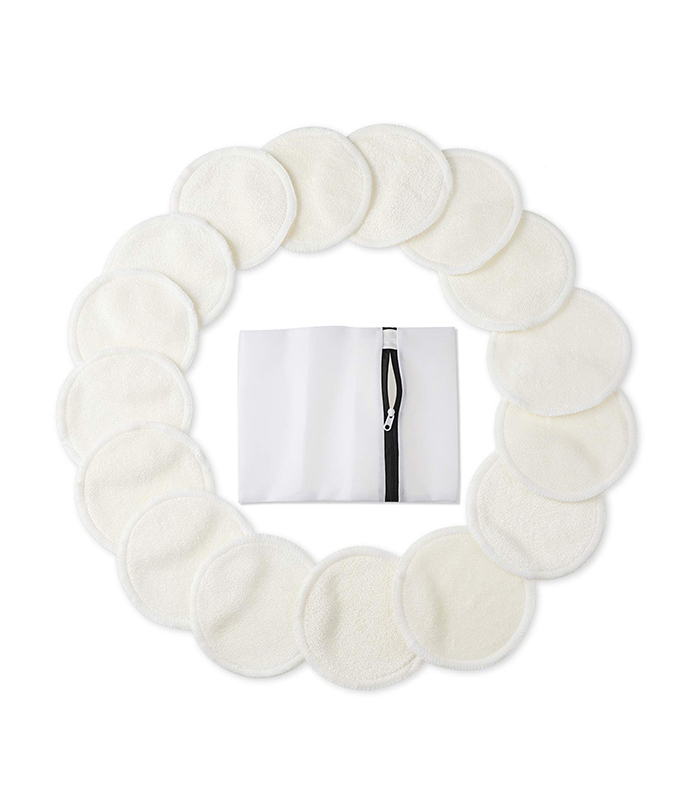
As for application, Rodney says it’s best to use toners in your evening skincare routine. “Toners should be applied to a freshly washed face with a cotton swab or pad and allowed to absorb completely for 30 seconds or so before continuing with the application of the rest of the skincare regimen,” Hartman adds.
If you’re trying out a toner for the first time, you should test it out on a small part of your face first to see if there are any signs of irritation or dryness.
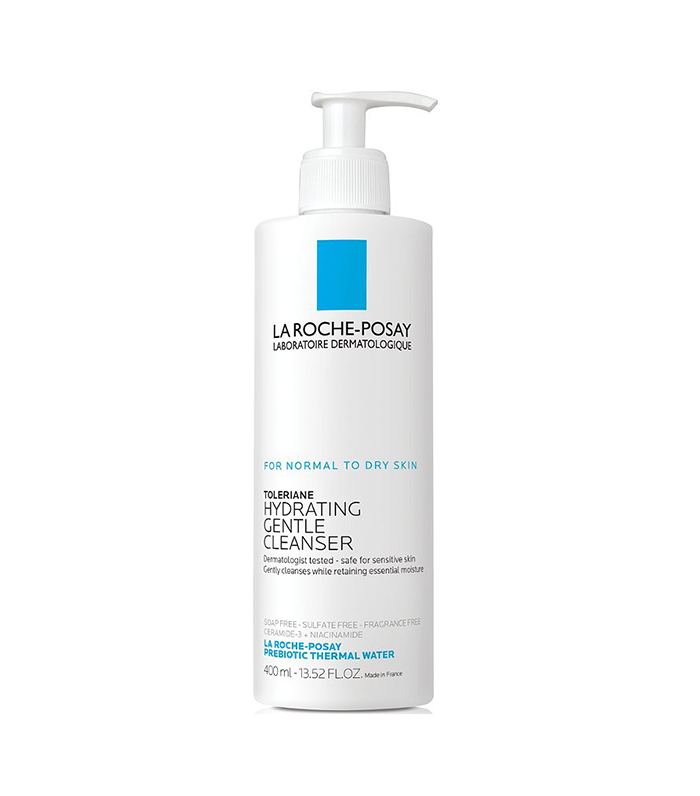
In order to really make your toner usage effective, you’ll want to make sure you’re using the right products in conjunction with the toner. Rodney recommends using a gentle hydrating cleanser before applying the toner and incorporating serums into your routine (like vitamin C or retinol) after application. For the last step, she suggests applying an eye cream, acne treatments (if needed), and your moisturizer.
“Any complete anti-aging regimen contains a sun protection factor, antioxidants, and retinol to be considered comprehensive,” Hartman adds.
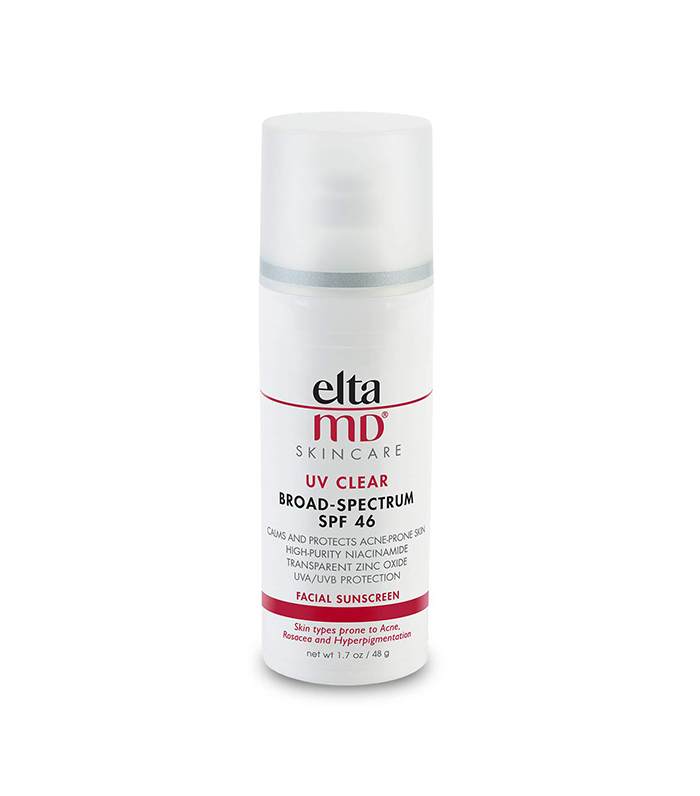
If you’re ready to shop for a toner, take a look at some dermatologists’ and editors’ picks.
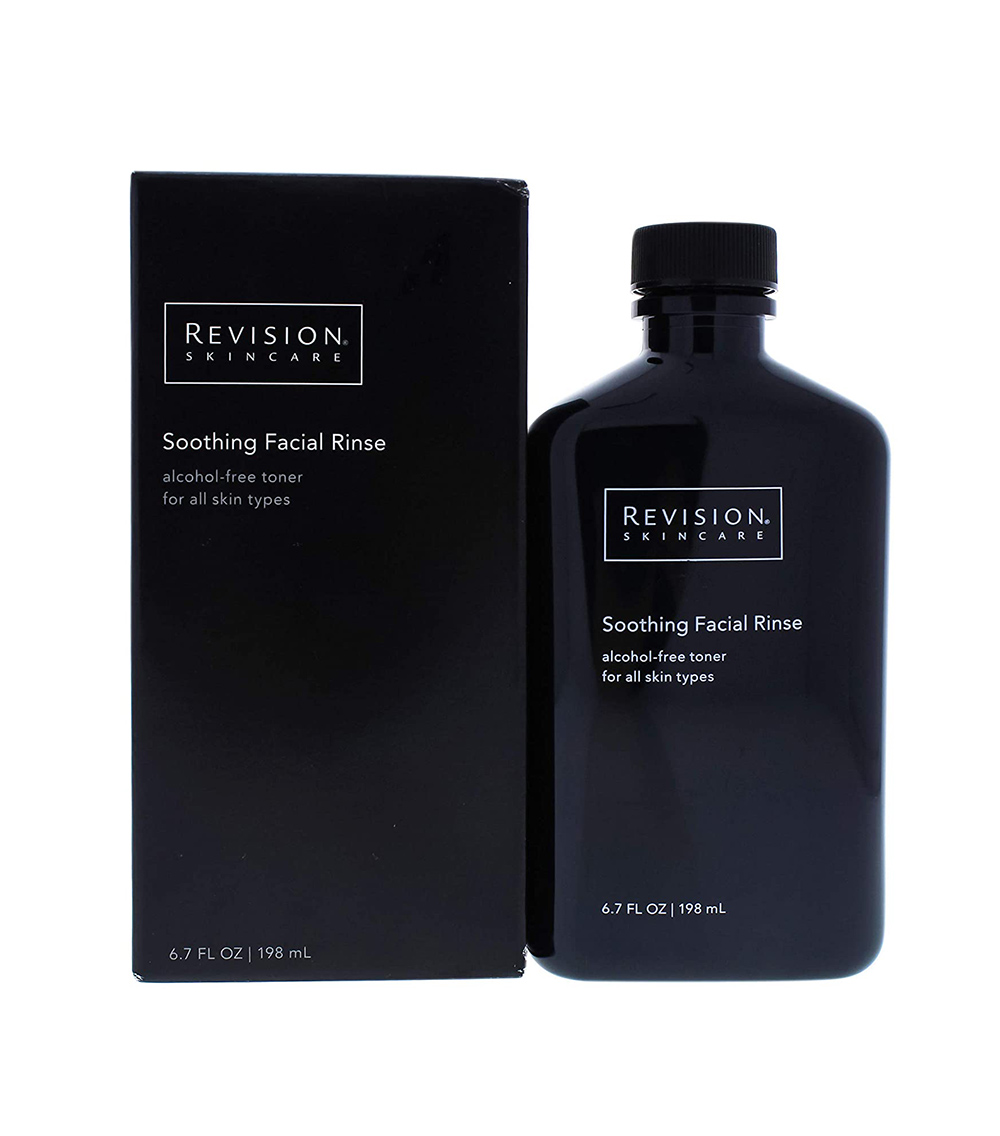

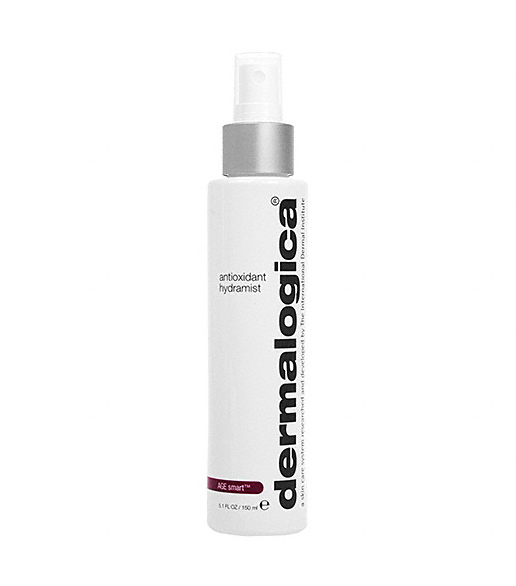

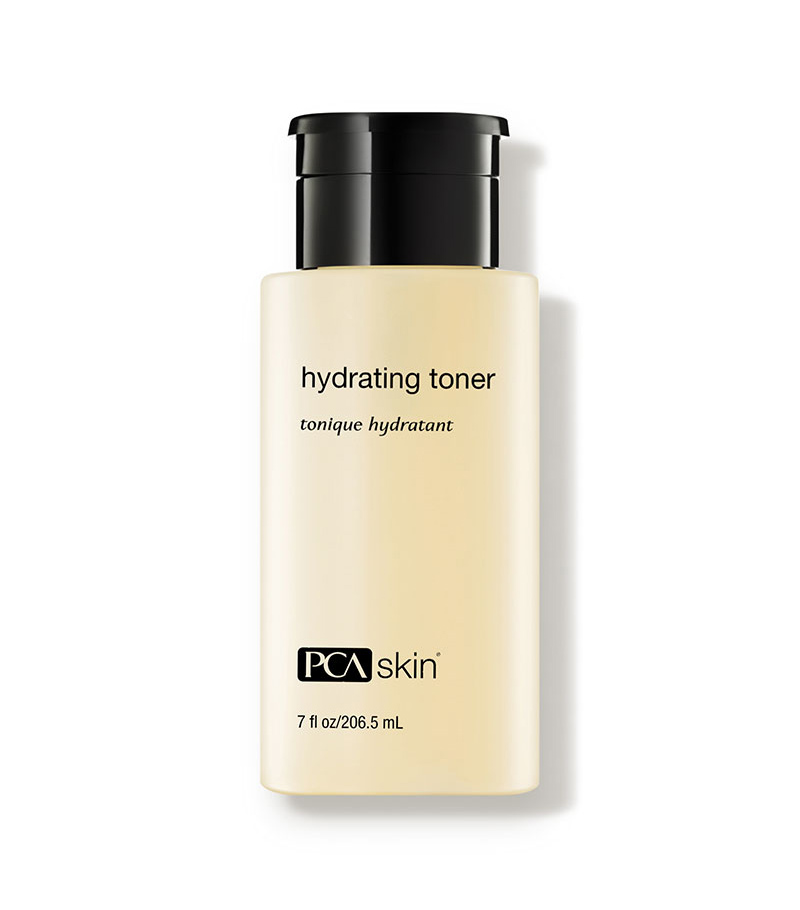
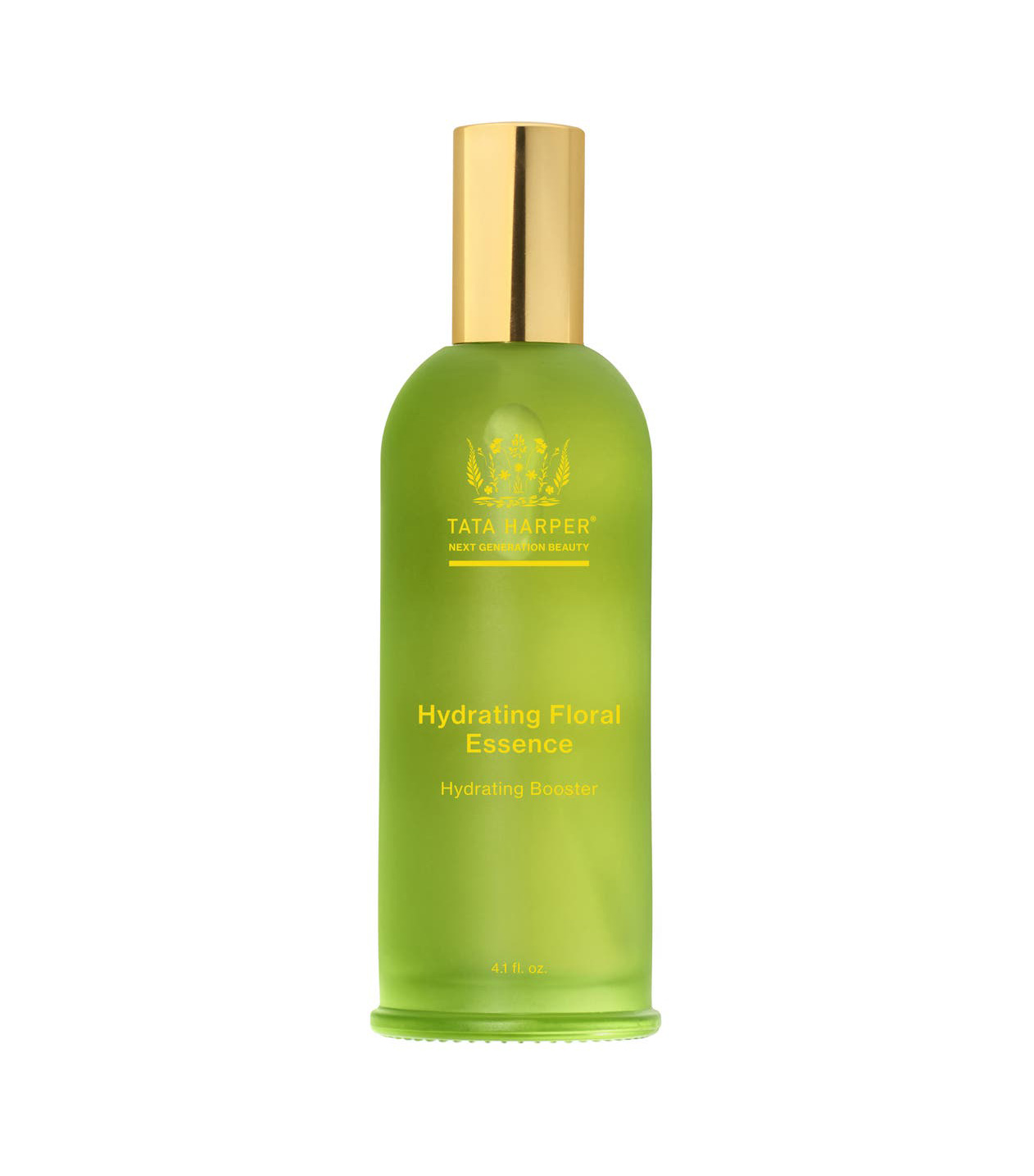
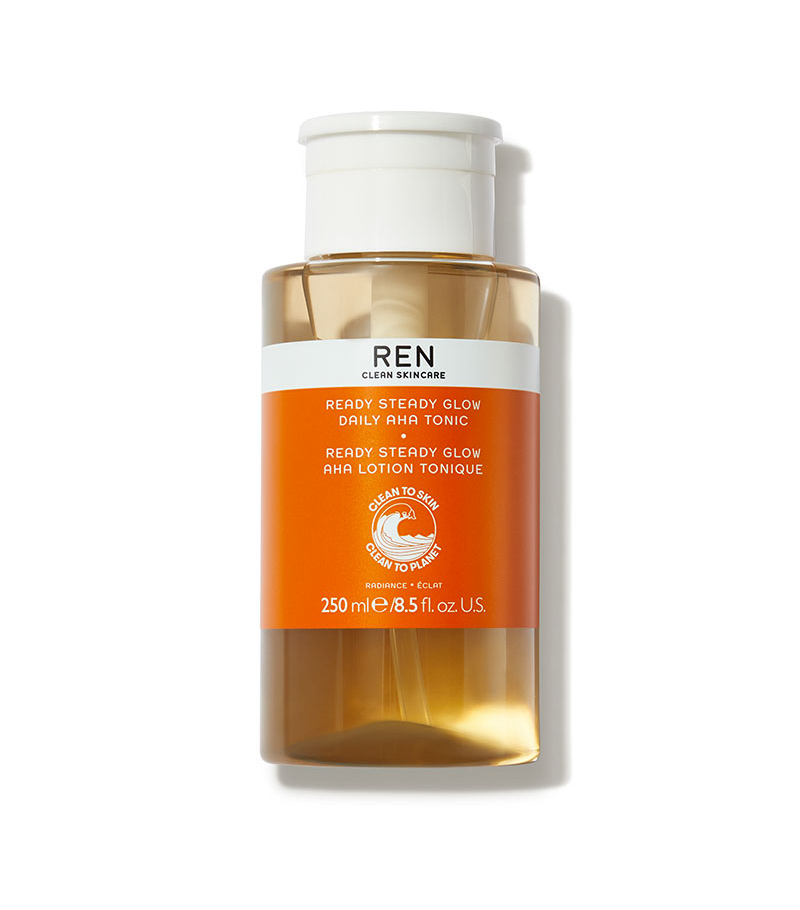
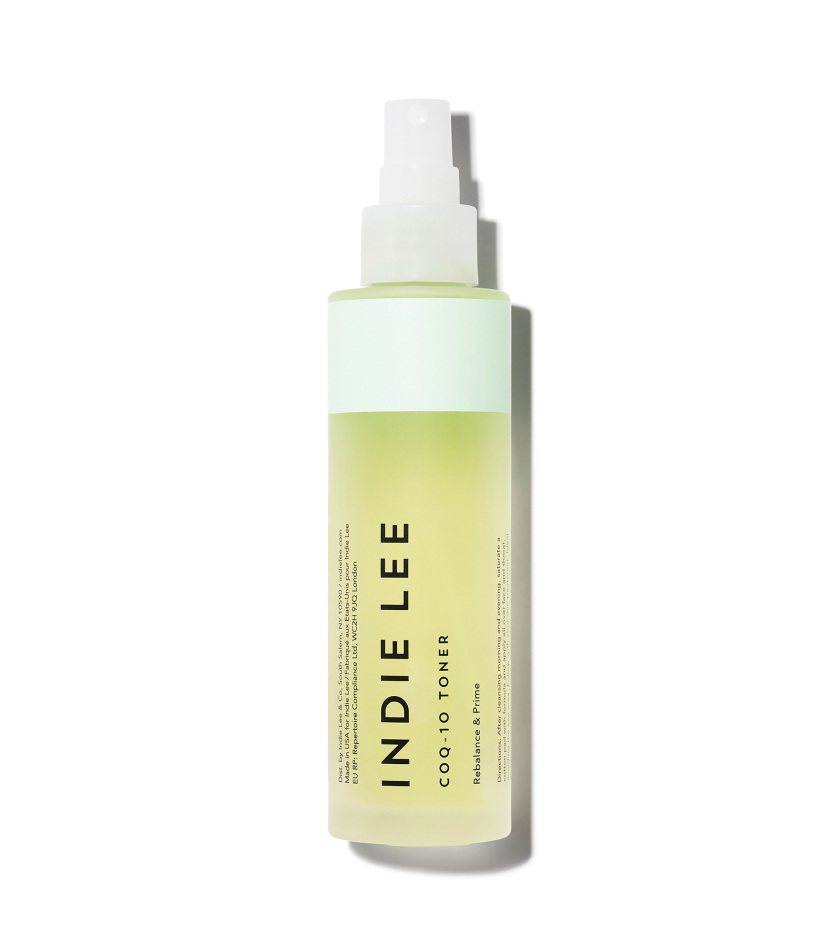
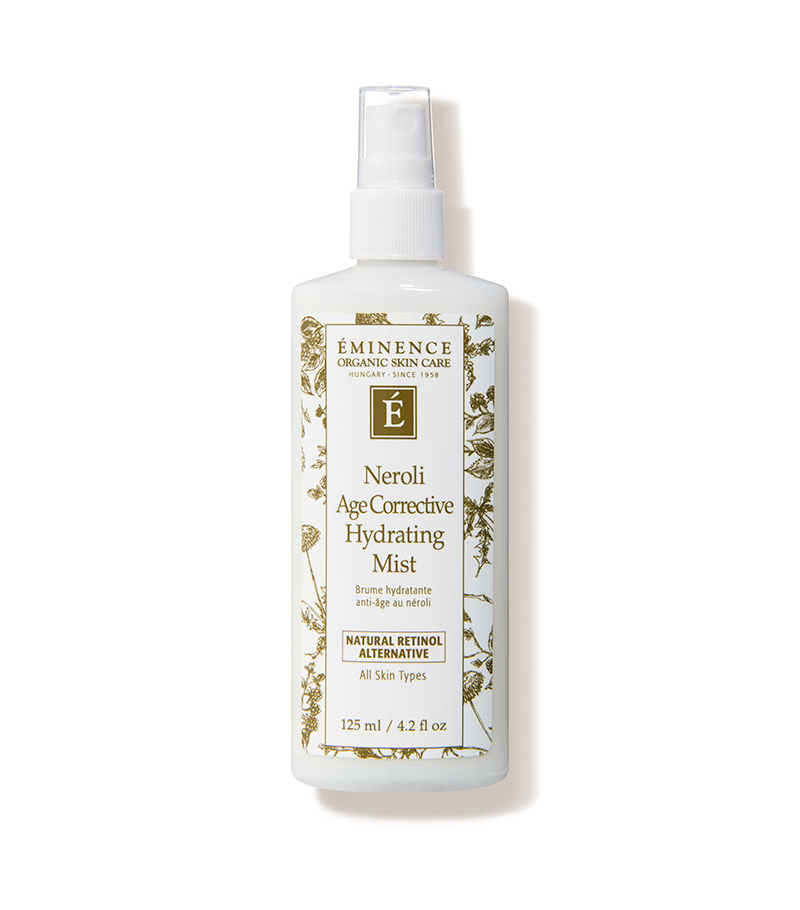
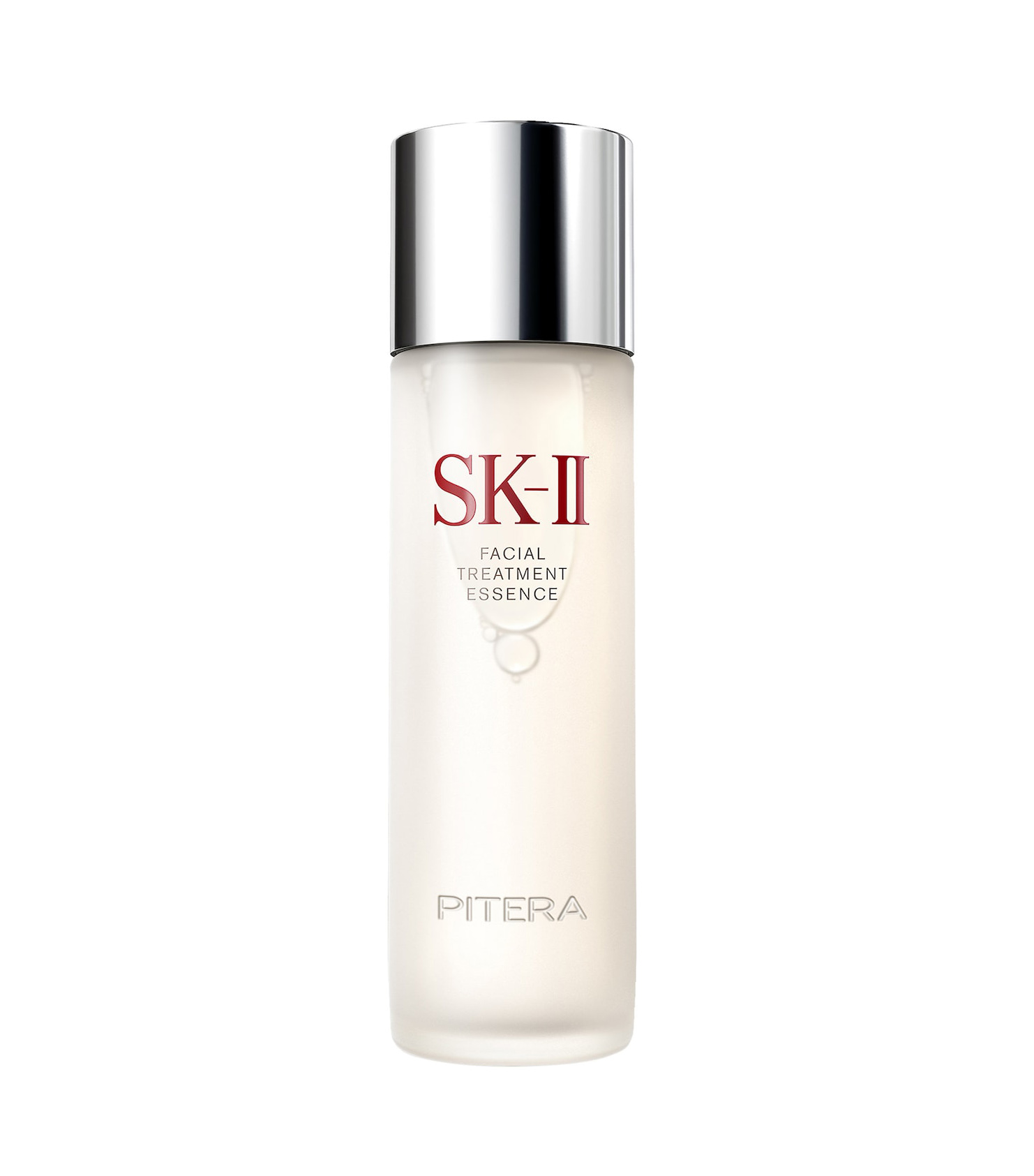
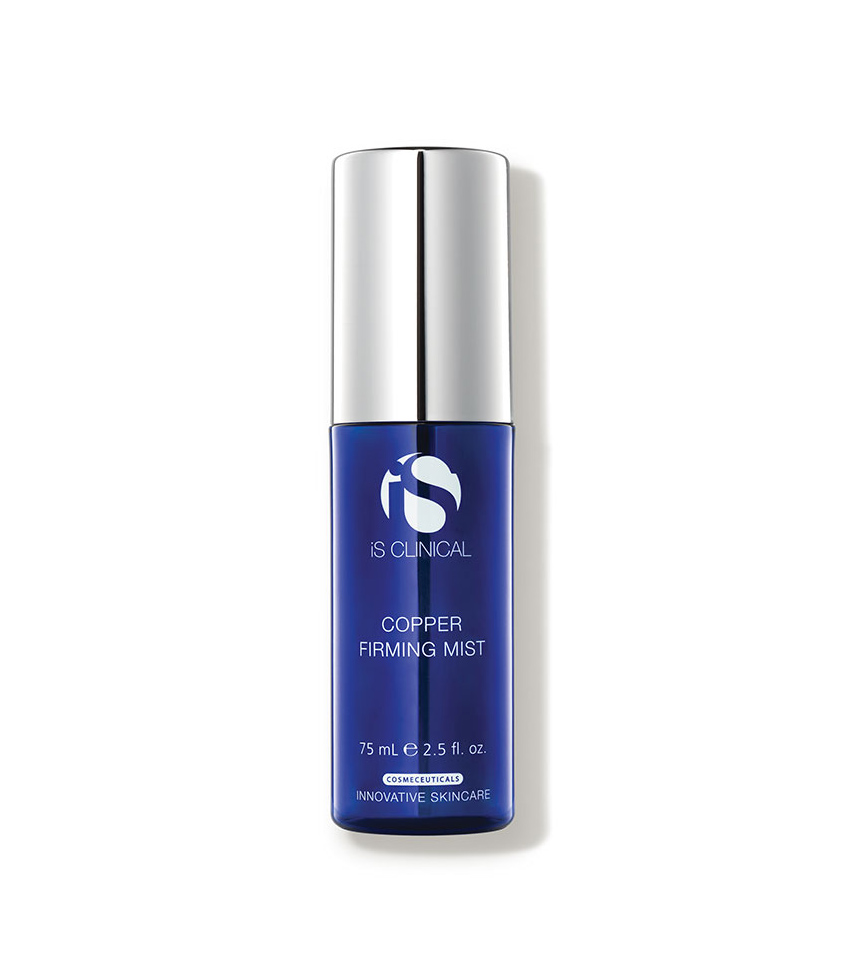
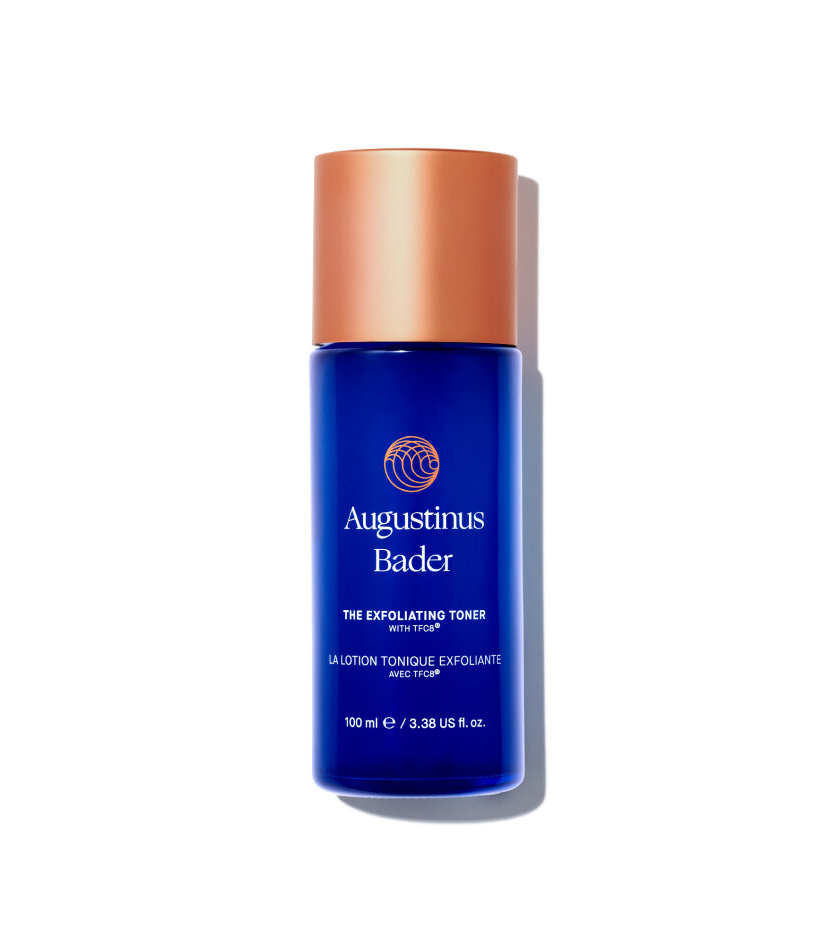


Powered by WPeMatico





